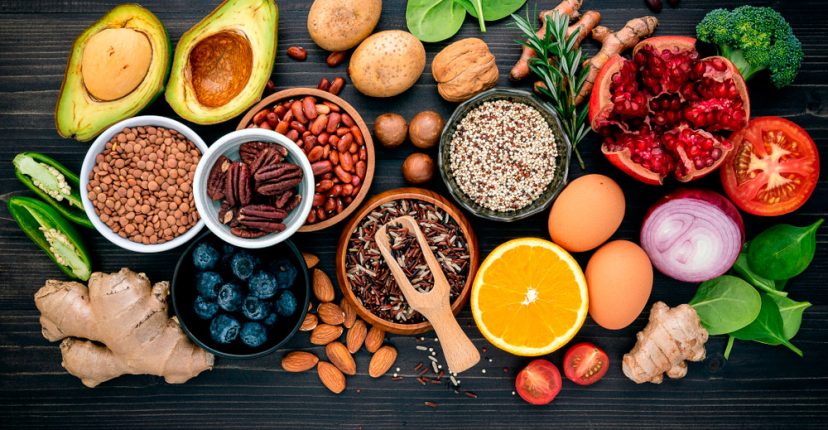Introduction: As winter sets in, the surge in colds, flu, and other viral infections takes many by surprise. Health centers and hospitals experience overwhelming demand, often exacerbated by the misuse of medical services. It’s crucial to recognize that a common cold can be managed with or without pharmaceuticals. While distinguishing between a common cold and a more severe condition might be challenging at times, many cases are discernible and manageable without the need for a medical visit. In this discussion, we’ll explore two noteworthy examples, although numerous other non-pharmaceutical therapies exist.
Prevention Is Key: Contrary to the misconception that colds and flu are caused by cold weather, these illnesses result from prior exposure to microorganisms. Cold temperatures themselves do not trigger colds; rather, transmission occurs through contact with an infected person. The winter environment, characterized by enclosed spaces and close proximity to others, increases the risk of contagion, be it a cold, flu, or COVID-19. While some microorganisms are more easily transmitted than others, individual immune systems play a crucial role. Proper prevention methods include mask-wearing, ventilation, maintaining a healthy diet, regular physical activity, sufficient sleep, and stress management.
Honey as a ‘Treatment’: The use of honey as a treatment is not a recent phenomenon; ancient civilizations such as the Egyptians, Greeks, and Romans utilized honey both as a food and a medicinal treatment. Honey possesses antimicrobial properties due to its high sugar content and low water content, creating an environment unfavorable for microbial growth. In vitro studies have demonstrated honey’s effectiveness against various bacteria, including some antibiotic-resistant strains. Additionally, combining honey with antibiotics has been shown to reduce antibiotic dosage without compromising efficacy. While colds, flu, and similar infections are viral and not bacterial, a systematic review published in the British Medical Journal in 2021 suggested that “honey is effective in reducing the duration and severity of common cold symptoms.” It’s important to note exceptions, such as avoiding honey in children under one year old, caution for individuals with diabetes (due to honey’s 80% sugar content), and consideration for those allergic to bees and wasps.
Garlic as a ‘Treatment’: While garlic is commonly used as a spice to enhance flavor, it can also play a role in non-pharmacological cold treatment. Although limited studies exist, a Cochrane systematic review from 2014 included a randomized trial with 146 participants who took garlic supplements or a placebo for 12 weeks. The results indicated that the garlic supplement group had up to a 60% lower risk of developing colds, with no significant differences in the duration and intensity of cold symptoms. The researchers noted that trials suggesting garlic’s efficacy “seem to rely largely on low-quality evidence.” On the other hand, a randomized controlled trial published in the Journal of Nutrition in 2016 suggested that consuming 2.56 grams of aged garlic for 90 days during flu season resulted in shorter and less severe colds and flu symptoms. While evidence is limited, both garlic and honey are accessible, cost-effective, and considerably safer than some pharmaceuticals commonly used to alleviate cold symptoms in adults and children.
Conclusion: In conclusion, as winter illnesses become more prevalent, considering alternative, non-pharmaceutical treatments like honey and garlic is a prudent approach. Recognizing the limitations of pharmaceutical interventions and the potential benefits of natural remedies can empower individuals to take charge of their health. These accessible and safe options may serve as valuable allies in reducing the impact of colds and flu. Embracing a holistic approach that incorporates dietary choices, lifestyle practices, and natural remedies can contribute to overall well-being, especially during the challenging winter months.
Keywords: winter illnesses, honey treatment, garlic treatment, non-pharmaceutical therapies, immune system, preventive measures, common cold, flu, COVID-19, antimicrobial properties, natural remedies, holistic health.













